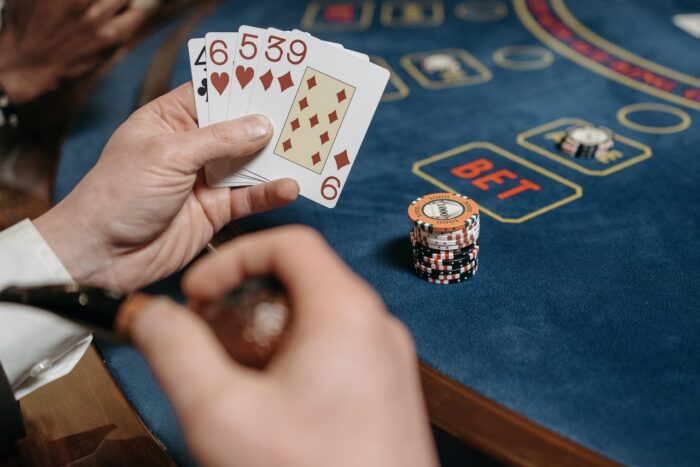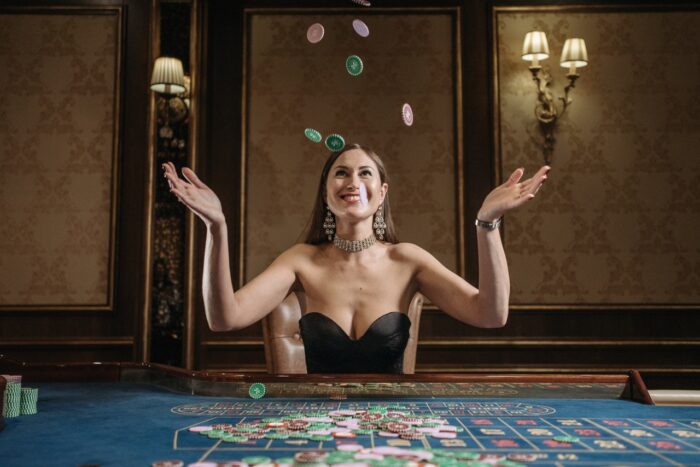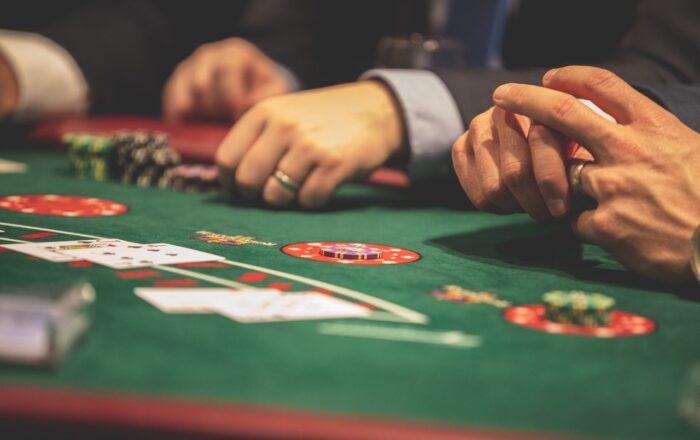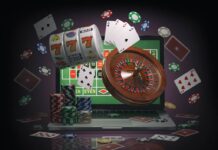
Mastering something can be a long process, especially when that something involves luck. With the right attitude and the right plays, you can make a lot of money for yourself as a blackjack master. Unlike many other card games, blackjack is the perfect combination of straightforwardness and strategy.
That’s why we’re here. In this short guide, you’ll find eight tips that every blackjack player should memorize. Experience is the best teacher, so try playing blackjack online to test your skills without leaving your home. Visit casino.fanduel.com.
1. Know The Bahttp://www.casino.fanduel.com/sics

You can’t master anything without knowing the basics first. You’ll need to have some knowledge of how blackjack plays, preferably some experience too.
The objective of the game is to reach 21 or under, as long as your card values are still higher than the dealer. What are card values? Simple. An ace can be 1 or 11 points depending on context while the numbered cards have that same value. Face cards, so Kings, Queens, and Jacks are 10 points.
You’ll be dealt two cards while the dealer keeps two of his own. Yours will be face up while the dealer will keep one of his face-down. Then you must decide between:
- Hit – This is where you get another card from the dealer.
- Stand – This is where you play on with your two cards.
- Double Down – Double your bet and receive one more card.
- Split – When two cards are the same number, you can split them into two hands.
- Insurance – Get half your bet back if the dealer has an ace and then reveals a natural blackjack.
- Surrender – Give half the bet and quit.
If your first two cards add up to 7, you’ll want to hit and get another card so you’re closer to 21. On the other hand, if you’ve got a natural 20 from your first two cards, hitting will be foolish because you’re much more likely to go over and lose.
2. Learn Terminology
Part of learning a new game or sport is immersing yourself in the slang that people use. Each casino game has its own terminology attached to it. Blackjack is no exception.
Along with the above terms we’ve already covered, learn these:
- 5 Card Charlie – This is where you’ve received five cards without going over 21, quite the accomplishment. Some games will let you win at this point, you’re clearly lucky enough to deserve it. Others might just add a bonus while some won’t even care.
- Bust – When your cards total over 21 – you lose.
- Bust Card – The card that nudges you over 21.
- Hole Card – The dealer’s face-down card.
- Push – When you and the dealer have the same card value. It’s essentially a tie.
- Stiff – Hands where there is a risk of going bust if you hit, traditionally 12, 13, 14, 15, and 16, with 17 being the card you should stand at.
3. Have A Budget

Mastery of blackjack (and other casino games) isn’t measured on how often you win – it’s how much you win. This means you need to avoid losing money, which means following risk management. If you don’t, you’ll lose more money than you gain and any wins will become meaningless.
Budget yourself. Leave your financial information aside and keep a bankroll that you use to bet. Have the willpower to stick to the budget and walk away when you’ve been beaten.
4. Learn Types Of Blackjack
There are other popular variations of blackjack. Know which types of blackjack you’re playing.
We’ve talked about classic blackjack so far but you should also know the rules for:
- Blackjack Switch – Each player gets two hands and can switch the top two cards between hands.
- Double Exposure Blackjack – Dealer receives two face-up cards and insurance/exposure isn’t an option.
- Progressive Blackjack – This is where you have a side bet, so a certain card value will get you a consolation prize.
5. Know The Table Rules

Every casino might do things differently, so it helps to have a local haunt and know the rules. The traditional casino odds are 3:2 for blackjack but some offer 6:5. They’ll use one to eight decks a game, with more decks increasing the house edge. Many dealers have to stop at 17 but this isn’t a hard rule.
6. Learn Basic Strategy
There are situations in blackjack where there is a right and wrong answer. Knowing these are key to navigating the game and ensuring a good outcome wherever it’s possible.
When you have a hard hand, you should:
- Stand when you hit 17.
- Hit if the cards are at 9 or lower.
- Hit on 12-16 if the dealer has 7 or higher.
- Stand if the dealer is on 2-6.
- Double down if the dealer has 2-9 while you have cards valued 10-11.
If you have a soft hand, instead you should:
- Stand at 19 or higher.
- Stand at 18 if the dealer has 7-10.
- Hit if the dealer’s face-up card is 2-4.
- Hit at 17 or lower.
- Don’t hit at 13-18 if the dealer’s card is 5-6. Double down instead.
7. Avoid Insurance

Insurance is available if the dealer has an ace. It’s often not worth it because the odds are on your side. You wager ½ of your bet when you take insurance. You’ll break even if the dealer gets a natural 21 but you’ll lose the bet if they don’t. The dealer gets blackjack approximately 30% of the time, so you should forge on and try to win.
8. Consider Counting Cards
Card counting is a skill that allows you to follow all the cards in play, allowing you to make better decisions and lower the house edge. It’s only possible in certain contexts and even then, establishments frown on the practice.
It’s effective because you anticipate who will win the hand, so you risk less with each bet you make. There’s a ton of card counting systems but they usually involve assigning a card -2, -1, 0, 1, or 2. Then you add the totals while playing.








